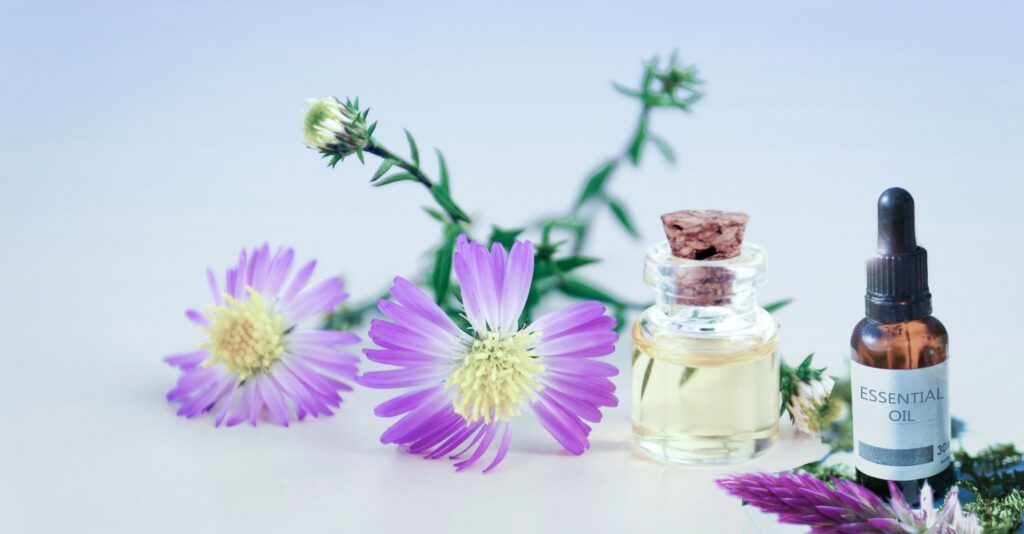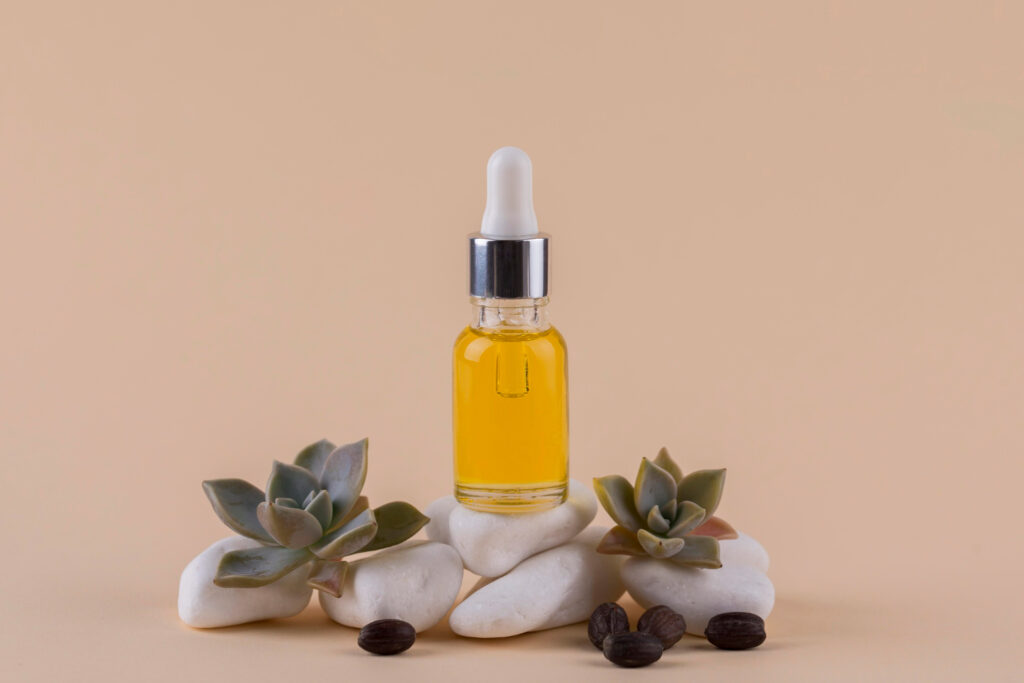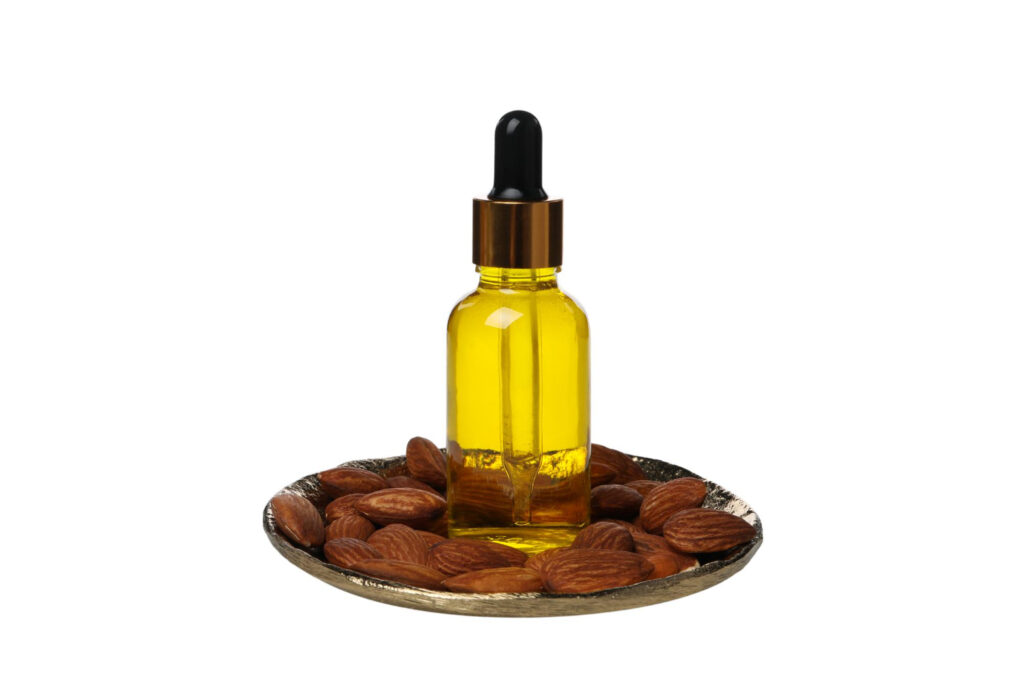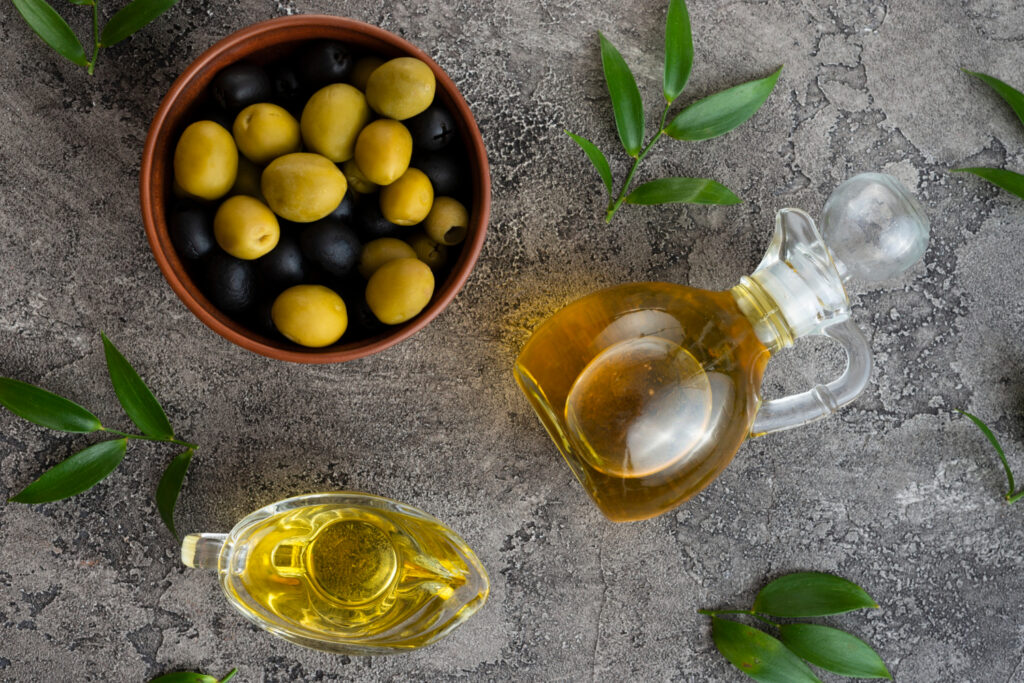
Overview
Taking care of your hair is vital for maintaining its health, strength, and appearance. One of the most effective ways to nourish your hair is by using oils. For centuries, oils have been trusted for their ability to condition, protect, and rejuvenate hair. Whether you’re dealing with dry, frizzy, damaged hair or simply want to improve its overall shine and softness, incorporating the right oils into your hair care routine can work wonders.
In this article, we’ll explore different types of oils, their unique benefits, and the best ways to apply them to enhance your hair’s health.
The Benefits of Using Oils for Hair
Oils are rich in essential nutrients, fatty acids, and antioxidants, which help nourish the scalp, strengthen hair strands, and prevent damage. Here’s a breakdown of how oils contribute to healthy hair:
- Moisture Retention: Oils help seal moisture in the hair, preventing dryness and breakage.
- Hair Strength: The fatty acids in oils strengthen the hair shaft, reducing the likelihood of split ends.
- Frizz Control: Oils can smooth out frizz, making hair more manageable and giving it a sleek appearance.
- Scalp Health: Oils nourish the scalp, promoting circulation and reducing issues like dandruff.
- Heat Protection: Some oils act as a natural heat barrier, protecting hair from damage caused by styling tools
Related: Benefits of Rice Water for Healthier Hair
5 Best Oils for Hair: Nourish and Strengthen Your Hair
Not all oils are created equal, and different oils offer various benefits depending on your hair type and specific needs. Below are some of the most popular oils for hair care, along with their primary benefits.
1. Coconut Oil

Coconut oil is known for its deep-penetrating ability and high levels of lauric acid, making it a fantastic oil for moisturizing hair and reducing protein loss. It’s particularly effective for dry and damaged hair.
- Benefits: Moisturizes deeply, strengthens hair, reduces protein loss.
- Dry, brittle, and damaged hair.
2. Argan Oil

Often referred to as “liquid gold,” argan oil is rich in vitamin E and antioxidants. It helps repair damaged hair, restores shine, and controls frizz.
- Benefits: Adds shine, smooths frizz, protects against damage.
- Frizzy, dull, or heat-damaged hair.
3. Jojoba Oil

Jojoba oil closely mimics the natural sebum produced by the scalp, making it an excellent choice for balancing oil production. It moisturizes without leaving the hair greasy
Related: How to Promote Hair Growth with Scalp Massages
- Benefits: Balances scalp oil, moisturizes, unclogs hair follicles.
- Oily or combination hair types.
4. Castor Oil

Castor oil is known for its thick consistency and ability to promote hair growth. It stimulates circulation to the scalp, making it ideal for thinning hair and those looking to grow thicker strands.
- Benefits: Stimulates hair growth, strengthens hair, reduces breakage.
- Thinning hair or those looking to boost hair growth.
5. Olive Oil

Olive oil is rich in antioxidants and vitamins, providing deep hydration and nourishment. It’s great for taming frizz, reducing split ends, and treating dandruff.
- Benefits: Hydrates deeply, reduces split ends, soothes the scalp.
- Ideal For: Dry, damaged, or dandruff-prone hair.
How to Apply Hair Oils for Best Results
Related: Why Does Hair Turn Gray Early?
Proper application of oils can greatly enhance their benefits. Here are some of the most effective ways to incorporate oils into your hair care routine:
1. Pre-Wash Treatment
A pre-wash oil treatment protects your hair from the harsh effects of shampooing by locking in moisture. Apply the oil to your scalp and hair at least 30 minutes before you wash it.
1. Warm the oil slightly for better absorption.
2. Massage it into your scalp and hair.
3. Leave it on for 30 minutes to an hour, then wash it out with shampoo.
2. Overnight Hair Mask
For deep hydration and nourishment, apply oil to your hair and leave it on overnight. This allows the oil to penetrate deeply into the hair shaft.
1. Generously apply oil to your scalp and hair.
2. Cover your hair with a shower cap or wrap a towel around it.
3. Wash it out in the morning with a gentle shampoo.
3. Leave-In Treatment
A small amount of oil can be used as a leave-in treatment to add shine, smooth frizz, and protect against environmental damage.
1. Take a few drops of oil and rub it between your hands.
2. Apply it to the ends of your hair, avoiding the roots to prevent greasiness.
3. Style your hair as usual.
Expert Tips for Using Hair Oils
To maximize the benefits of hair oils, follow these expert tips:
- Know Your Hair Type: Choose oils based on your hair’s needs. Fine hair benefits from lightweight oils like argan or jojoba, while thicker or curly hair may require heavier oils like coconut or castor.
- Less is More: Always start with a small amount of oil and add more if needed. Over-applying can make your hair greasy.
- Regular Use: Consistency is key. Incorporate oils into your hair care routine at least once a week for the best results.
Hair Care Tips for Healthy Hair
In addition to using oils, there are other important habits that contribute to overall hair health:
- Regular Trims: Getting your hair trimmed every 6-8 weeks prevents split ends and promotes healthier growth.
- Use Heat Protectants: When styling your hair with heat tools, always use a heat protectant to minimize damage.
- Healthy Diet: A balanced diet rich in vitamins, especially biotin, zinc, and omega-3 fatty acids, supports hair growth and strength from the inside out.
- Gentle Hair Washing: Avoid washing your hair too frequently as this can strip away its natural oils. Opt for sulfate-free shampoos that are less harsh on your hair.
The Takeaway
Using oils to nourish your hair is a simple yet effective way to promote healthy hair growth, reduce damage, and enhance its natural shine. Whether you’re looking to repair dry, brittle hair or prevent frizz and split ends, selecting the right oil and applying it correctly can lead to noticeable improvements in the health and appearance of your hair.
By regularly incorporating hair oils into your routine, along with other healthy hair practices like using gentle shampoos and maintaining a nutrient-rich diet, you can achieve softer, stronger, and shinier locks that are resilient to damage. Start exploring the benefits of these natural oils today and enjoy the transformation in your hair care journey
Frequently Asked Questions
- Which oil is best for promoting hair growth?
Castor oil is one of the best oils for promoting hair growth. It contains ricinoleic acid, which improves circulation to the scalp, encouraging hair growth. Additionally, it strengthens hair, reducing breakage and helping to achieve thicker, longer strands over time. - Can I use hair oils on oily hair?
Yes, you can use oils even if you have oily hair. Jojoba oil, in particular, mimics the natural oils produced by your scalp and can help balance oil production. Apply sparingly to avoid making your hair appear greasy, focusing on the ends rather than the roots. - How often should I use hair oils for the best results?
For best results, use hair oils at least once a week. Depending on your hair type and condition, you can adjust the frequency. For deep hydration or repair, you can apply oils as a pre-wash treatment or overnight mask 1-2 times per week. For daily maintenance, a few drops of oil can be applied to the ends of the hair as needed.











